"The Internet of Things: Another World is Possible” by Darat al Funun – The Khalid Shoman Foundation
Read this and other nominations to the CIMAM Outstanding Museum Practice in Time of Global Crisis initiative and submit your inspiring project to help others through this crisis.
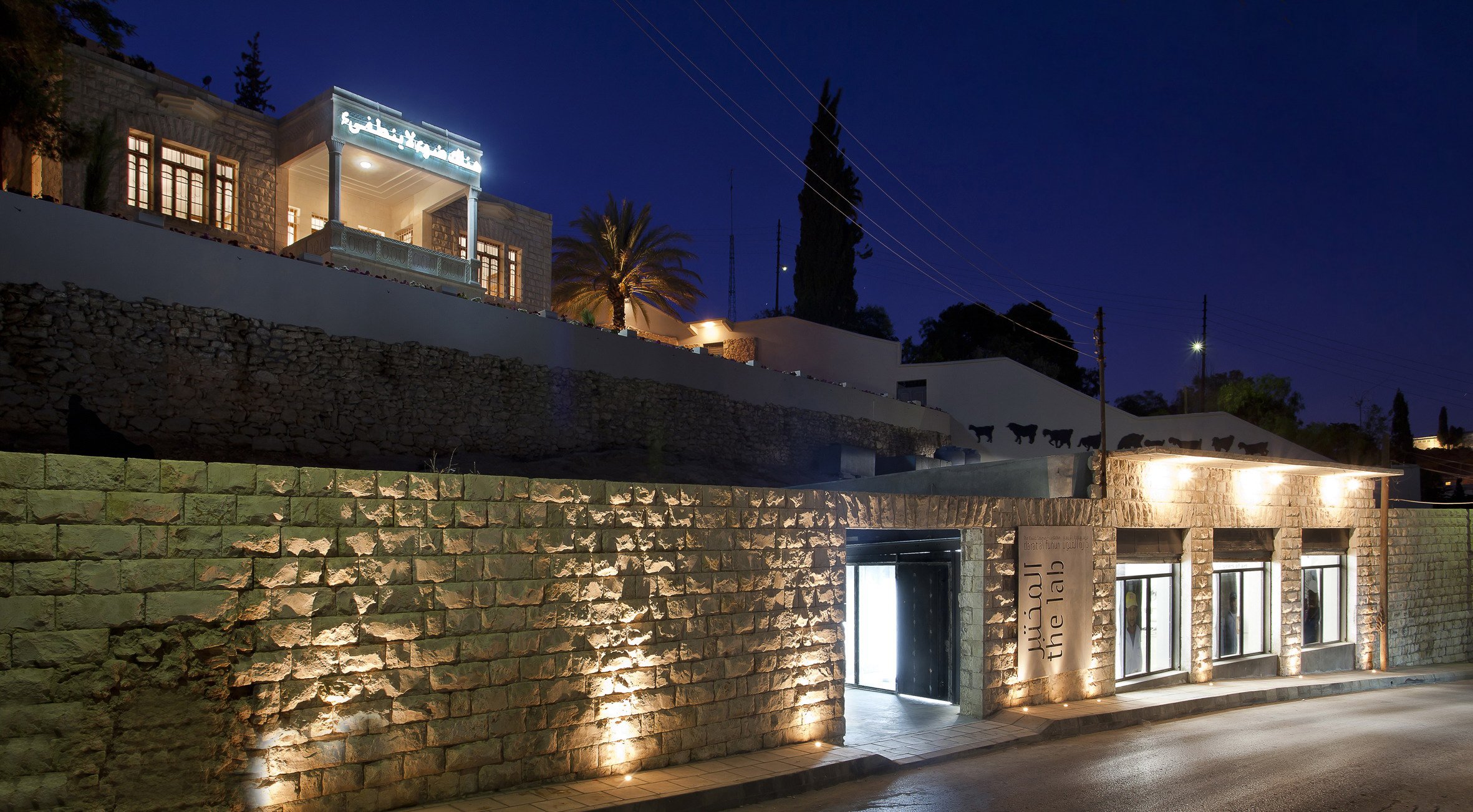
In light of the perilous conditions engendered by the pandemic earlier this year, Darat al Funun developed a program that engages critically with the social, political and economic specificities of the global crisis. We launched The Internet of Things: Another World is Possible (IOTAWIP) exhibition project, in addition to creating VR tours of our current exhibitions “A Matter of Resilience” by Nadia Kaabi-Linke and “Camel in the Room” by Raed Ibrahim, and introducing a podcast that highlights the impact of the pandemic on artists in the region.
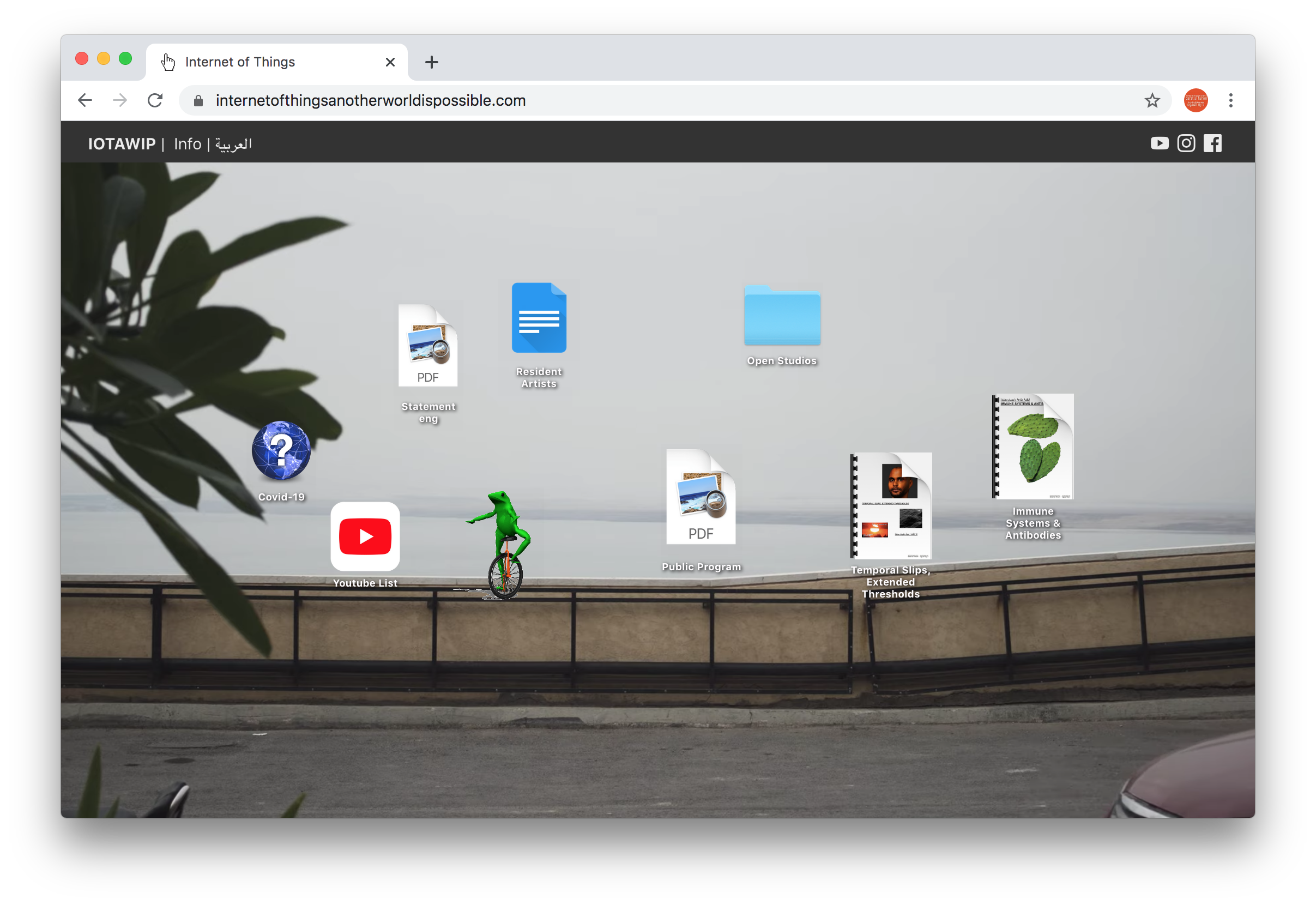
Initiated by Darat al Funun in April 2020, "Internet of Things: Another World is Possible" facilitates a collective inquiry from (and through) the quarantine; navigating online and offline, traversing temporalities. Conceived with the world on lockdown as a result of the COVID-19 and most human interaction relegated to cyberspace, the project inquires into our heightened vulnerability to the reign of communicative capitalism and high technology. It is an invitation for reflecting on the Situ, from our active positions behind the screens, deconstructing the crisis, contingency, social structures, cyberspace, memes, anxiety, technology, geography and body-politics. Live stream to news feed; from the medium and its discontents to the state of emergency.
Unfolding through an online residency and live-streaming activities, IOTAWIP invokes online and offline spaces for research, collective learning, and the production of situated knowledge. Simultaneously, it attempts to provide an alternative infrastructure of support for cultural practitioners against the state of fragility and precarity exacerbated by the pandemic. Artists, filmmakers, writers, and researchers from various backgrounds were invited to think about recovery and repair in the context of hierarchical networks; the work of repair that allows for a sense of futurity and/or helps us think other worlds, multiple, without boundary.
Many of the collaborative sessions were facilitated by the artists in residence, drawing from the research and work they pursued through their studio spaces on the website. A workshop by Ahmed Isam Aldin looked at colonised cities/bodies, discourses of public health, and the future of resistance in the context of Lagos and his home city Khartoum. Mediated by Areej Huniti, a series of conversations with an Artificial Intelligence replica explored machine intimacies. Similarly grappling with the affective consequences of the state of emergency, Tamara Nassar curated film screenings around themes of anxiety, endurance and isolation. Moving onto a wider consideration of repairative pedagogies, an open discussion led by Omar Adel looked at agonism and the crafting of hope, delving into the specific state of artists, art institutions, and artistic praxis within the Arab world.
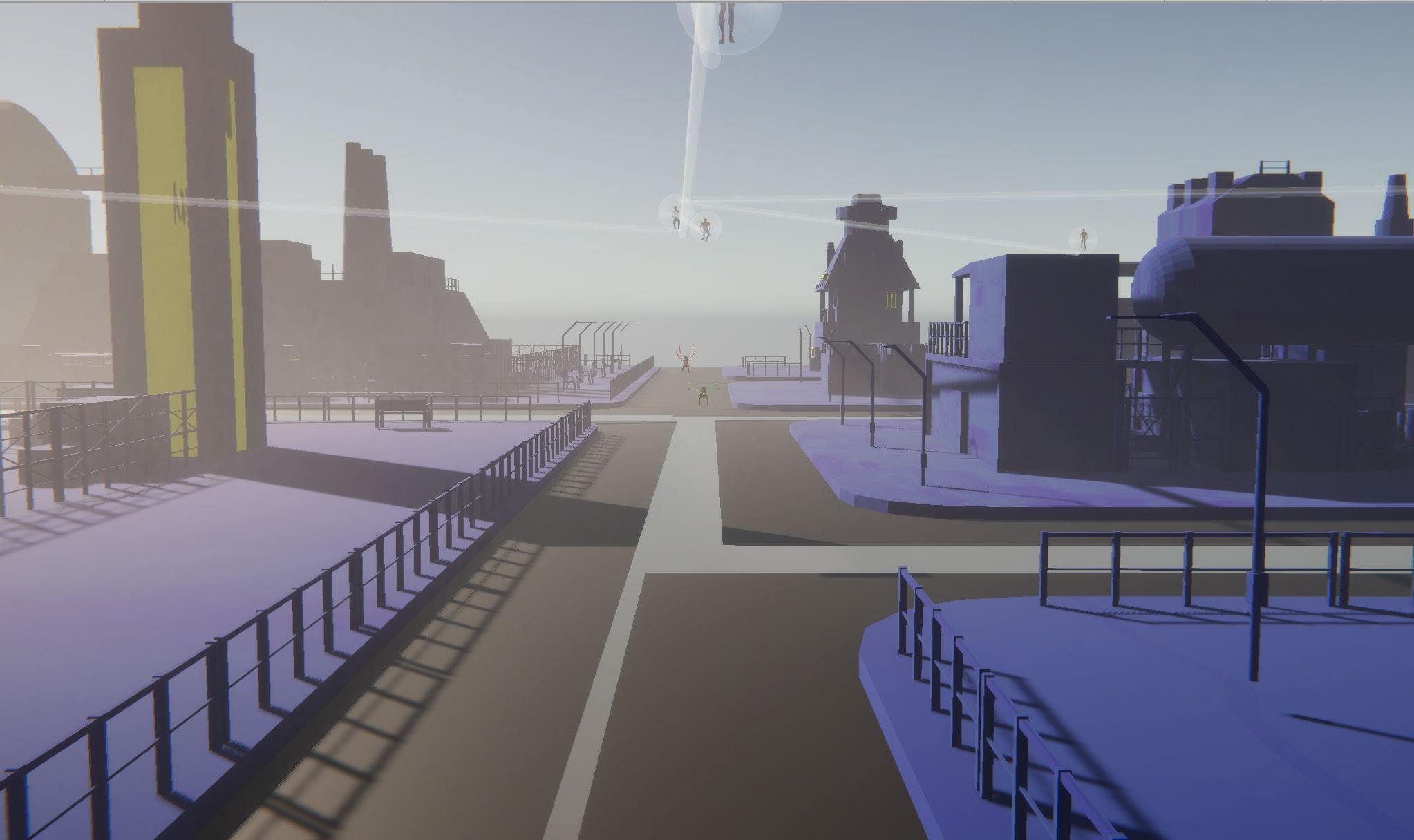
Guest speakers and lecture performers were similarly invited to speak through and nearby the crisis and pandemic situation. Focusing on Beirut, urban planner and right-to-city activist Jana Nakhal initiated a conversation on the relationship between contagian, capitalism and urbanisation. Looking at the wider context of Palestinian resistance, BLM and COVID-19, webinars by Gaza-based writer Amani Aburahma featured critical readings of Donna Haraway’s Cyborg Manifesto and Achille Mbembe’s concept of necropolitics. A lecture by Kareem Estefan likewise considered the incumbent global moment through an examination of Edouard Glissant’s notions of opacity, repair and relation. Other lectures and performances touched upon the exhibition project’s engagement with survival and non-human agencies. Through a series of performative gestures borrowing elements from video game live streaming, Eren Ileri reflected on the ethics of spaceflight, critical posthumanisms, cosmogony, mutual aid and escape narratives.
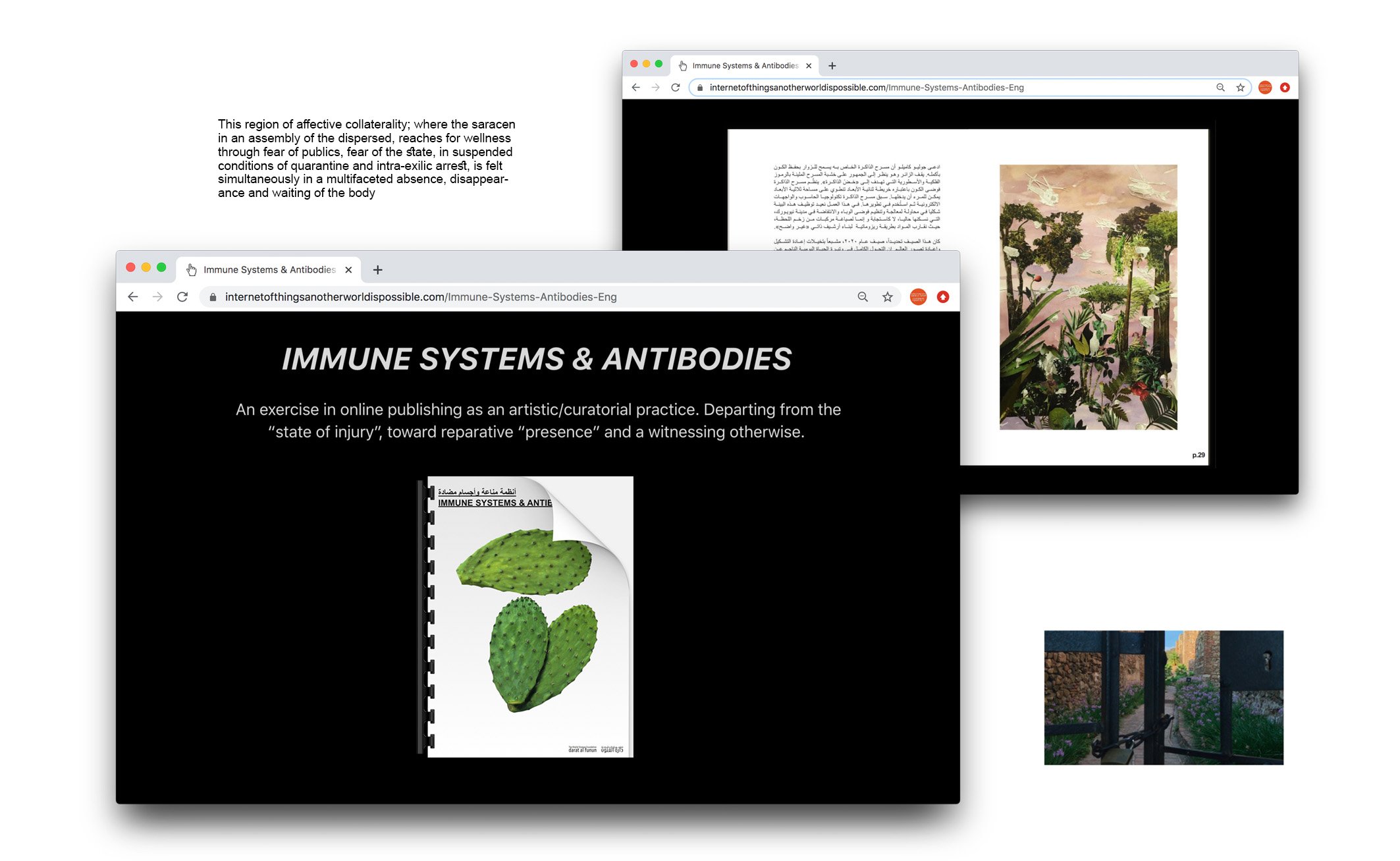
The online residency and live-streaming activities were accompanied by exercises in online publishing as an artistic/curatorial practice. The opening of the exhibition in its first iteration featured the release of the publication “Temporal Slips, Extended Thresholds”, wherein various constellations of .txt and .img impart an attempt to reflect on the spaces opened up by concepts through and against crises and virtual dispossession. A sequel titled “Immune Systems & Antibodies” was released on the opening of the second iteration. Unfolding against a present where the future has disappeared, it considers a different ontology of embodiment in online and offline spaces/publics, evoking other lines of flight, a stubborn collective presence, and an insurgent politics of repair and futurity.
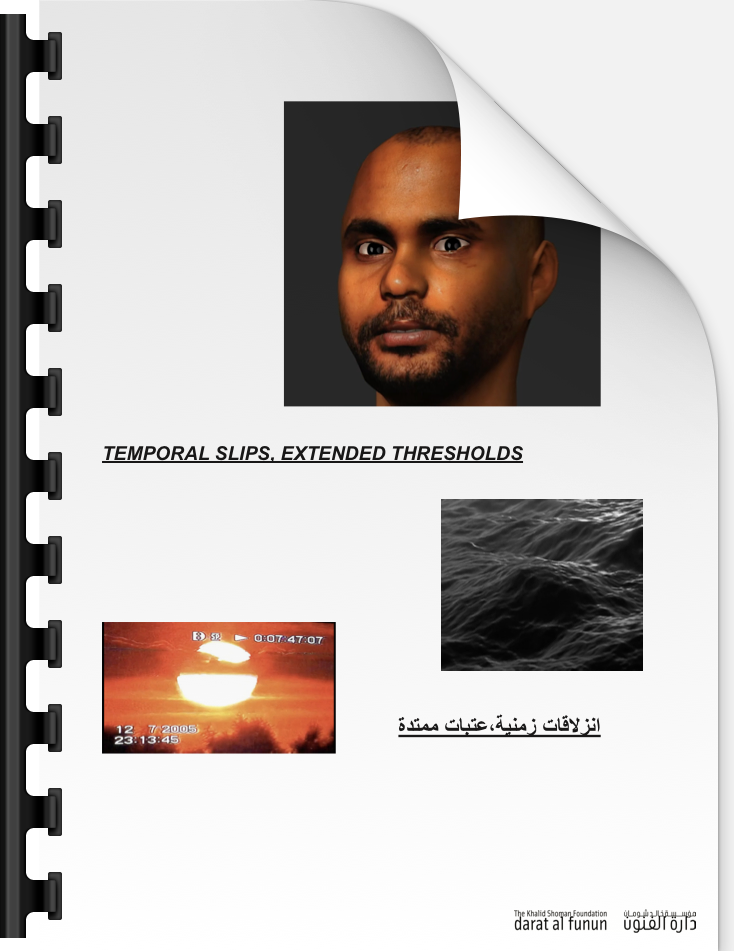
Resident Artists: Ahmed Isam Aldin, Areej Huniti, Tamara Nassar, Bayan Kiwan, Juliana Fadil-Luchkiw, Omar Adel, Sulaïman Majali.
Curatorial Team: Firas Shehadeh, Joud Al-Tamimi, Reem Marji.
About Darat al Funun
Darat al Funun - The Khalid Shoman Foundation is a pioneering not-for-profit private foundation dedicated to supporting arts and artists from the Arab world. 2018 marked our 30th anniversary. Darat al Funun, which means ‘home for the arts’ in Arabic, is housed today in six renovated historical buildings dating from the 1920s and 1930s with restored archeological remains of a Byzantine church built over a Roman temple in the garden. We aim at creating a stimulating environment that provides a platform and a meeting place for artists, and supporting art practices, artistic exchange and critical discourse, evolving in parallel with the changing art scene and the needs of the artists. We initiated educational and artists residency programs, opened in restored old warehouses The Lab, which became a hub for experimentation and innovation, and established in 2011 the Darat al Funun PhD fellowship for the study of modern and contemporary Arab art. Our art library, publications, digital archives and the Khalid Shoman private collection of Arab art are open to academics, researchers, students and our public alike. We bring together the visual arts in harmony with other forms of artistic expression, hosting performances, film screenings, concerts and cultural events, celebrating the arts at the heart of our culture.
Links to the institution website as relevant support material:
- Internet of Things website: https://internetofthingsanotherworldispossible.com/
- Temporal Slips, Extended Thresholds: https://internetofthingsanotherworldispossible.com/Temporal-Slips-Eng
- Immune Systems & Antibodies: https://internetofthingsanotherworldispossible.com/Immune- Systems-Antibodies-eng
- Press Kit: http://daratalfunun.org/wp-content/uploads/2020/07/Press-kit-IOT.pdf
- Darat al Funun website: http://daratalfunun.org/
- VR Tour: http://daratalfunun.org/?event=virtualtour